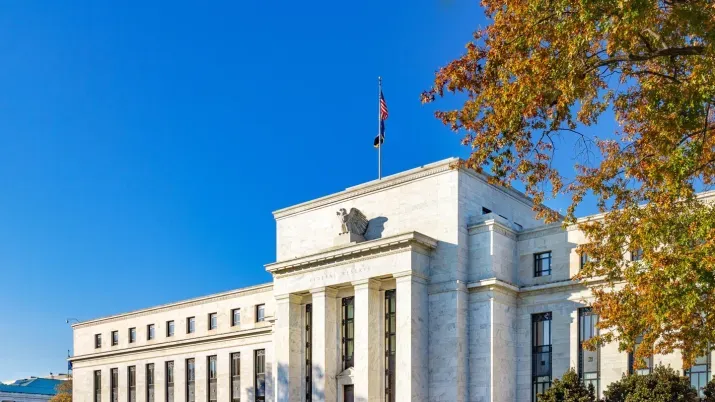The End of the Road for Petrolheads
TwentyFour
Depending on where you have been recently this summer, it's either been extremely hot or very wet! I have spent it in the Netherlands, and I've seen a lot of rain there. The Netherlands is a country that has battled encroachment by the sea and rivers for centuries. However, the remarkable deluge of recent rainfall in Western Europe has caused rivers to overflow, resulting in significant damage and tragic loss of life in Germany, Belgium and the Netherlands. These countries are not the only ones feeling the impact of unseasonably heavy rain; we've seen significant flooding in the UK as well and several countries around the world are experiencing freak weather events.
One thing is sure; the climate is changing! We welcome the EU's ambitious Green Deal plan to become carbon neutral by 2050. In his presentation, Frans Timmermans (Vice President of the European Commission) recently presented the "Fit for 55" roadmap. The plan (which in true EU style could face years of negotiations) proposes taxes on jet fuels, shipping emissions, increased targets for renewable energy, planting three billion trees, amongst other initiatives to combat climate change. As we have said previously, plans such as the European Green Deal may have an inflationary impact as the final bill comes due.
As part of these plans, the Commission has also set out a proposal that it hopes should reduce CO2 emissions from road vehicles by 55% (compared to 1990 levels) by 2030 and by 100% in 2035. So, as a result, the production of new combustion engine vehicles will cease in the EU by 2035. Of course, as a petrolhead, I will miss the sound of a roaring V8, but I'm also excited to see what new exciting cars the manufacturers can design, some of the prototypes look very promising. They've already made significant steps over recent years; however, we're still very far away from seeing 100% of European cars propelled by electric or hydrogen. Likewise, the target assumes the presence of infrastructure required for drivers to charge batteries efficiently and sustainably, a drive that is made more difficult by chip shortages. Having said that, the industry has already made significant steps in recent years and in the meantime governments are formulating policies to hasten the transition to electric vehicles, with some providing tax breaks on electric car purchases. Likewise, several major cities have banned older diesel vehicles.
While I recognise the exciting times ahead for the automotive industry, I have a few concerns as a debt investor. First, many manufacturers will sell a car and provide a loan simultaneously through their banking entity. Manufacturers fund these auto-loans by issuing, among other ways of funding, Auto ABS deals. The likes of VW, Mercedes, PSA, Fiat, etc., have engaged in this practice for decades. We typically like financing prime auto loans, but there has been a development on which we're less keen. One of the products car manufacturers offer is a buyback scheme offering customers a guaranteed price for their car after four or five years. This "residual value risk" can form part of the ABS deal (certainly not the case for all deals), so rather than just financing the loan itself, you're also taking credit risk on the future value of the vehicle.
And this is where things get tricky. We can model all kinds of credit risk as long as there is enough protection in the structure for investors to get comfortable with a degree of residual value risk. Certainly, it's not an issue for investment-grade rated bonds, but when modelling for an investment in sub-IG bonds (where you get less credit support), investors want to have a high degree of certainty on their assumptions. Typically comfort is provided by decades of historical performance, which we can analyse. Still, as the automotive sector will undergo so much change over the next decade, it will be much more difficult to estimate future prices of second-hand vehicles. This dilemma is not a problem during the next two or three years of Auto ABS deals (as they tend to be short-term in nature), but after that, we will need some sort of clarity or reassurance from car manufacturers (as well as the EU) to be willing to finance car loans.
So, as we embrace this brave new world, we are left with many questions.






